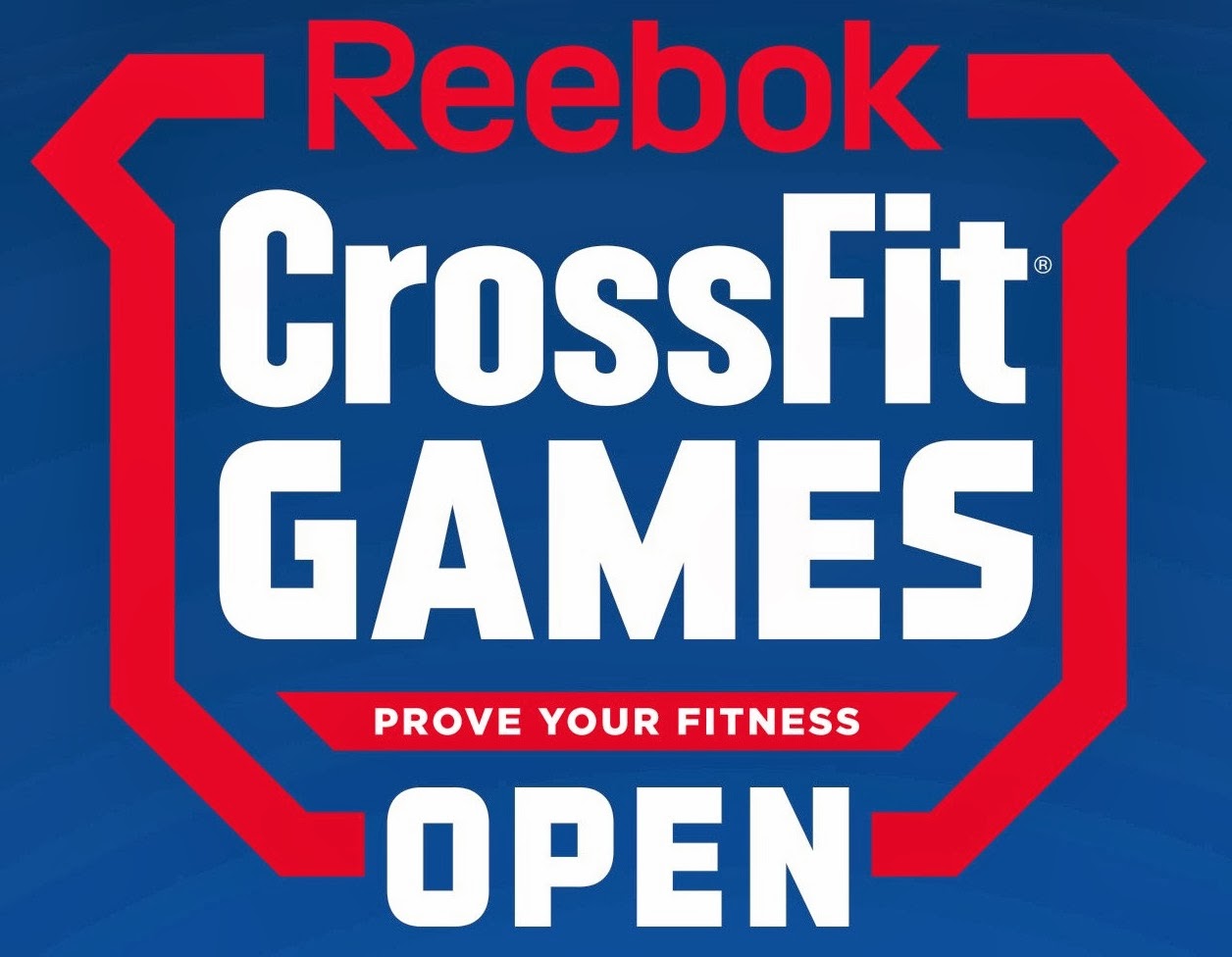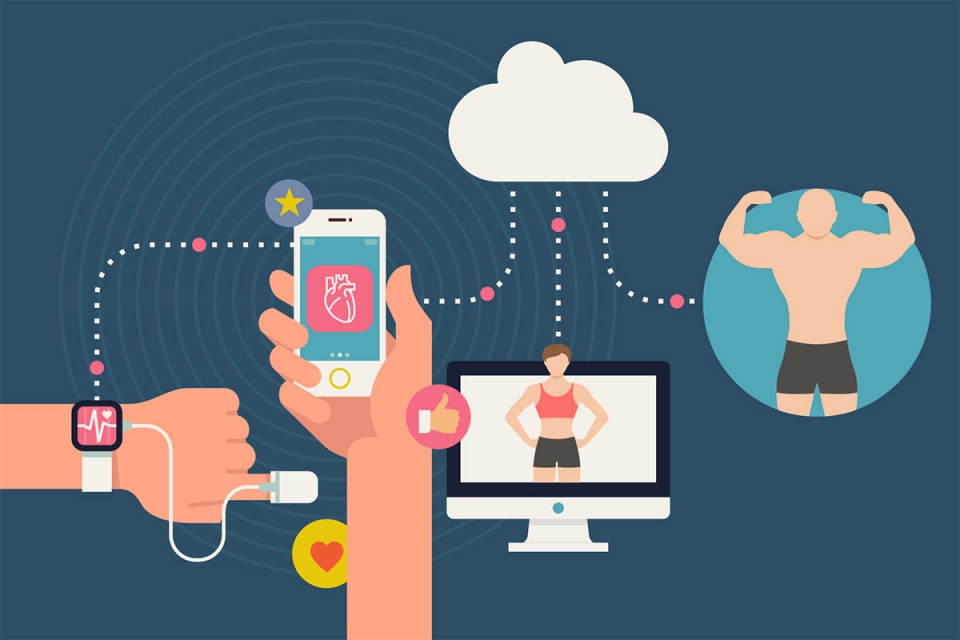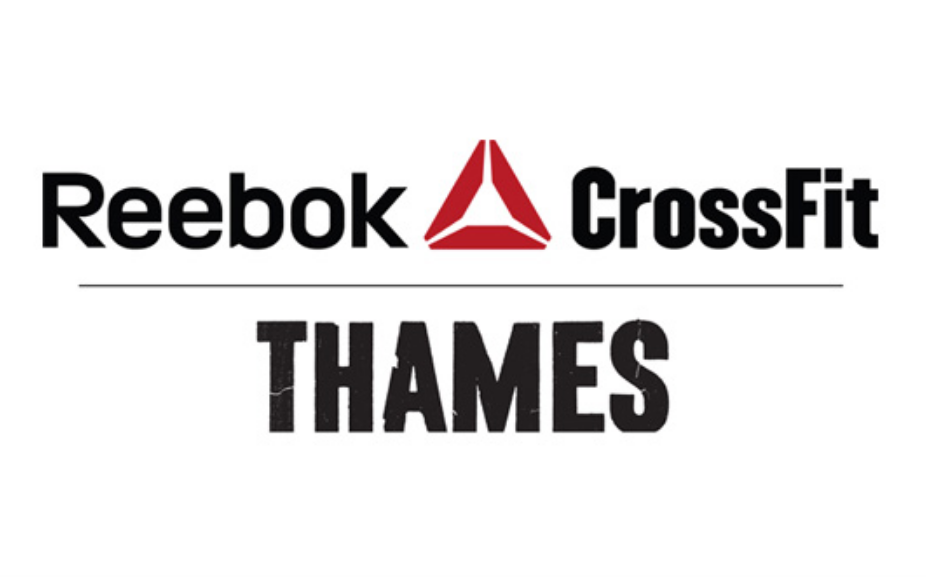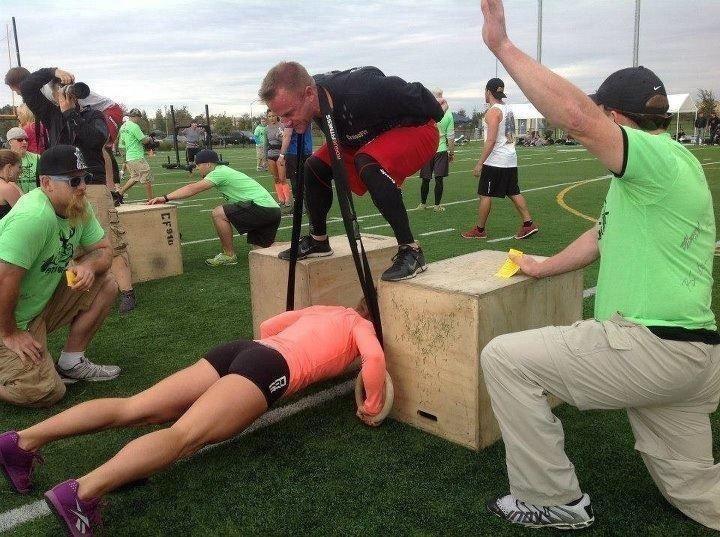
The CrossFit open 2018 is almost upon us…
Over 500,000 people will likely participate this year and it will be a test!
Managing acute soft tissue injuries!
I suppose this is as good a time as any to talk about managing acute (and in some cases chronic) soft tissue injuries when is competition and training. As a Physiotherapist that has been involved in sport, who treats athletes of all levels and also worked in A&E for four years, I think that I am well placed to comment. Plus the fact that ‘what should I do if I injure myself?’ is probably one of the most common questions that I get asked! Depending on who you speak to you, you will probably get a number of suggestions.
Most people have heard of PRICE (Protect, Rest, Ice, Compression, Elevation) but have we moved on from this?
Let’s classify soft tissue as muscle, tendon or ligament and acute as an injury less than 48 hours old. This would include muscular back or neck pain, peripheral joint strains (ankle, knee, elbow etc), tendon (muscle-to-bone) issues (achilles, rotator cuff etc) and ligaments (bone-to-bone) such as the collateral ligaments of the knee or fingers.
The basic healing cycle

Pain relief – Paracetamol V NSAID (Non-steroidal anti-inflammatory drugs)
Concern has been raised over the use of Non-steroidal anti-inflammatory medications (NSAIDs – Ibuprofen, Naproxen, Diclofenac etc) in the early stage of injury management. This is largely due to the theory that the natural healing cycle requires the first inflammatory phase (see image below) to effectively repair injured tissue therefore trying to stop this stage too early may result in a delay overall. Evidence suggests that using NSAIDs too early (the first 24-48 hours) may compromise long-term healing. In addition, when specifically talking about muscular injuries, the early use of NSAIDs may promote increased bleeding and swelling due to decreasing platelet aggregation. This awareness of adverse thrombotic events is to be considered when weighing up risk v benefit. The use of Paracetamol as the first line of pain relief is therefore more universally accepted. It is just as effective an analgesic without the adverse effects. Obviously, you should always seek advice from your Doctor, prescribing therapist or Pharmacist before taking things especially if you have other medical issues.
Protect
Significant ligament and tendon injuries need to be immobilised. We are talking about a high-grade tear – most of the tissue is disrupted. You will know if it is a bad injury if you get immediate swelling (ie. you have fluid aggregating within a few hours), if you have a physical restriction and if you can’t bear weight on the joint. Lesser grade tears will benefit from being immobilised for a short period (48-72 hours) to prevent further damage before being re-assessed.
Rest – when and for how long?
General rule of thumb, if something is very painful and / or swollen, the body is telling you to rest. Allow the swelling and pain to reduce by offloading the structures (use a crutch, tape, support or modified position). If there is significant swelling or restriction on movement certainly 48- 72 hours is a must before you start to load the area by stretching or exercising. Look again at the stages of healing as to why this is important. Tendons take the bulk of the force whilst doing ballistic movements (running, jumping, kipping) and need ample time to recover after intense sessions and on performing new movements. Respect this.
Ice – has this treatment been debunked now?
CrossFit movement guru Kelly Starret has done a nice little discussion on topics including Ice (based around Gary Rienl’s work – links below) and really it is very similar to the discussion around the use of NSAIDs. The advice now is actually not to use ice in the initial stages of an injury however it may be more useful to use it as you start to rehabilitate. As you start to move more, we would consider any residual or further swelling to be a waste product that you want to remove. There is still a real lack of quality studies to date, particularly randomised control studies. There isn’t even a general consensus about how often and for long you ice the area for currently.
https://www.youtube.com/watch?v=0UmJVgEWZu4
http://garyreinl.com/
I would advocate the use of heat for muscular injuries and spasm to allow the muscles to settle and allow you to start moving more quickly.
Compression
There seems to be good evidence that compression can prevent further bleeding, prevents seepage into surrounding tissue and help disperse fluid. Compression increases hydrostatic pressure and increases the effectiveness of the muscle pump, increasing venous return. Early compression is advocated in the first 72 hours, from distal to proximal in direction. Apply the compression a minimum of six inches above and below the main injury site. Do not keep compression on when lying down (sleeping)
Elevation – transient effect?
Elevation lowers capillary hydrostatic pressure (think about the effect of the body as you descend in a pool of water). Capillary flow to the soft tissues is reduced and the buil-up of edema is consequently lowered. Unfortunately, the pressures return almost immediately when the limb is returned to below heart level. Again, there is very little clinical research on elevation. I suggest in the absence of harmful effects, elevate the limb when possible and overnight.
Return to training / modifications
Once you have managed the acute first stage, pain is negligible, and you are moving the area normally it may be safe to start loading the tissue. I would suggest gentle stretching, foam rolling and tissue mobilisation with bodyweight functional movements. For example – if you have a shoulder injury, start trying to regain normal shoulder overhead movement, before trying to do a handstand or overhead press (sounds sensible huh? You’d be amazed at the amount of people that simply head back to training to test it out or just chance it hoping for the best).
If you still have some pain, take you time and train around it. If your ankle is still sore and swollen, don’t do box jump, burpees, heavy squats – choose to modify or do some upper body stuff? The coaches are the best people to talk to this about and help you scale.
When to seek advice / investigation?
If in doubt, ask. Most sports practitioners will be happy to give you five minutes of advice over email or in person. Expect minor muscular strains to improve significantly over three to four days if given the right environment to do so. Expect ligament and tendon strains to improve over three to four weeks. Expect higher grade sprain and tears to take six to eight weeks to start feeling normal again.
If you injure yourself and you cannot weight-bear, are in excruciating pain, can see that something is obviously misplaced or missing and /or if the area is hot or looks infected (you will likely feel unwell and have a temperature) then get yourself to A&E and get checked out.
If you think you have a soft tissue injury and it doesn’t improve as expected after three to four days, book in to see someone to get a proper diagnosis. Worth the money and will get you back lifting quicker and more safely in the long run. Advice on the correct management of injuries is the key to recovery!
Have a great open guys and stay injury free!
Emerson















